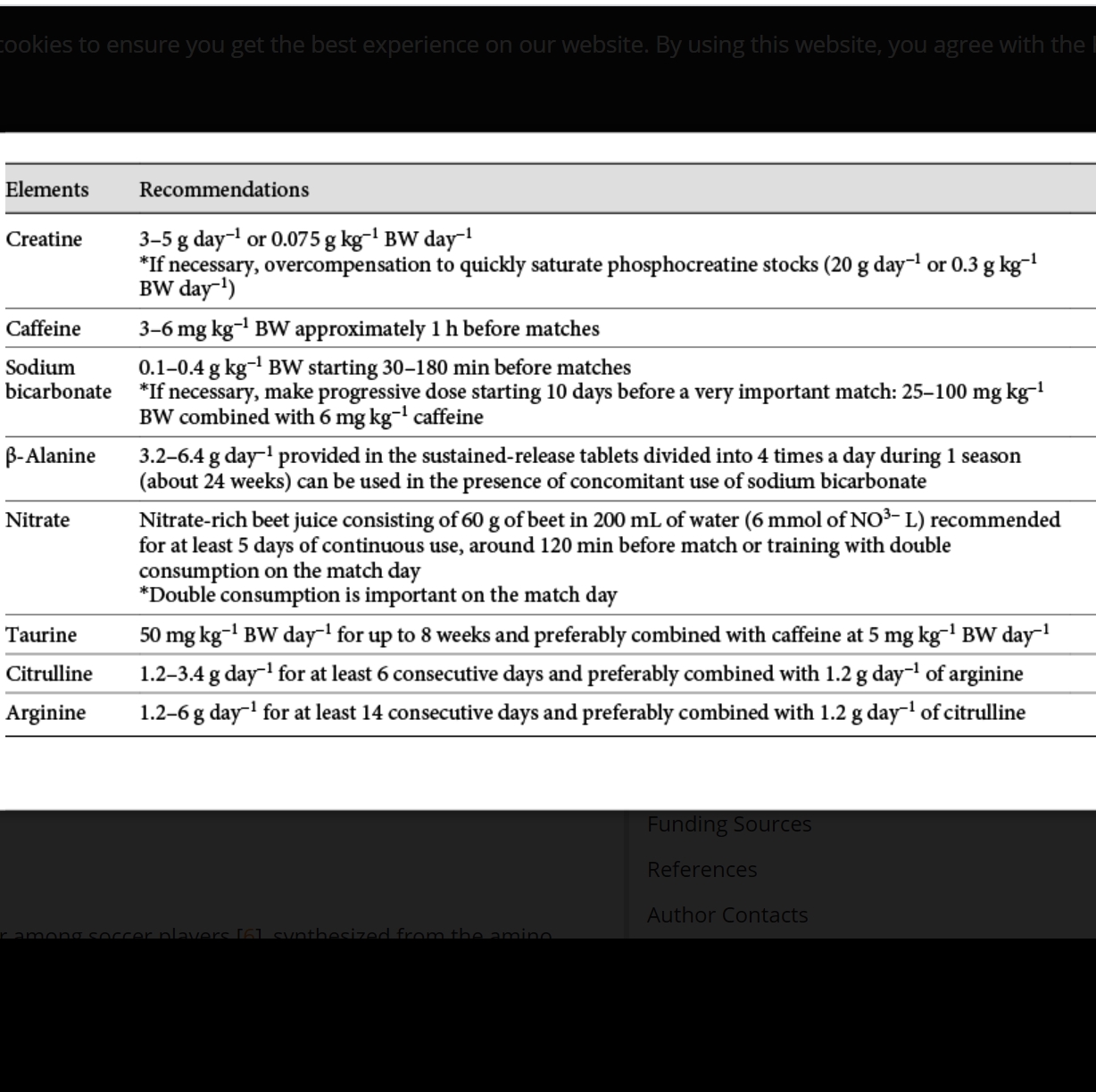


 Forum Nutrimuscle, Nutrition, musculation, transparence !
Forum Nutrimuscle, Nutrition, musculation, transparence !  Actualités, vidéos, études scientifiques
Actualités, vidéos, études scientifiques
Modérateurs: Nutrimuscle-Conseils, Nutrimuscle-Diététique
![]() par Nutrimuscle-Conseils » 16 Juin 2021 13:01
par Nutrimuscle-Conseils » 16 Juin 2021 13:01

![]() par Nutrimuscle-Conseils » 13 Oct 2021 12:09
par Nutrimuscle-Conseils » 13 Oct 2021 12:09
![]() par Nutrimuscle-Diététique » 13 Oct 2021 13:39
par Nutrimuscle-Diététique » 13 Oct 2021 13:39
![]() par Nutrimuscle-Conseils » 12 Déc 2021 13:23
par Nutrimuscle-Conseils » 12 Déc 2021 13:23
![]() par Nutrimuscle-Diététique » 13 Déc 2021 13:54
par Nutrimuscle-Diététique » 13 Déc 2021 13:54
![]() par Nutrimuscle-Conseils » 3 Avr 2022 11:36
par Nutrimuscle-Conseils » 3 Avr 2022 11:36
![]() par Nutrimuscle-Diététique » 4 Avr 2022 08:09
par Nutrimuscle-Diététique » 4 Avr 2022 08:09
![]() par Nutrimuscle-Conseils » 19 Avr 2022 11:26
par Nutrimuscle-Conseils » 19 Avr 2022 11:26
![]() par Nutrimuscle-Conseils » 19 Avr 2022 11:28
par Nutrimuscle-Conseils » 19 Avr 2022 11:28
![]() par Nutrimuscle-Diététique » 19 Avr 2022 17:21
par Nutrimuscle-Diététique » 19 Avr 2022 17:21
![]() par Nutrimuscle-Conseils » 20 Avr 2022 11:38
par Nutrimuscle-Conseils » 20 Avr 2022 11:38
![]() par Nutrimuscle-Diététique » 20 Avr 2022 17:12
par Nutrimuscle-Diététique » 20 Avr 2022 17:12
![]() par Nutrimuscle-Conseils » 23 Mai 2022 12:53
par Nutrimuscle-Conseils » 23 Mai 2022 12:53
![]() par Nutrimuscle-Diététique » 23 Mai 2022 17:20
par Nutrimuscle-Diététique » 23 Mai 2022 17:20
![]() par Nutrimuscle-Conseils » 19 Sep 2022 15:44
par Nutrimuscle-Conseils » 19 Sep 2022 15:44











